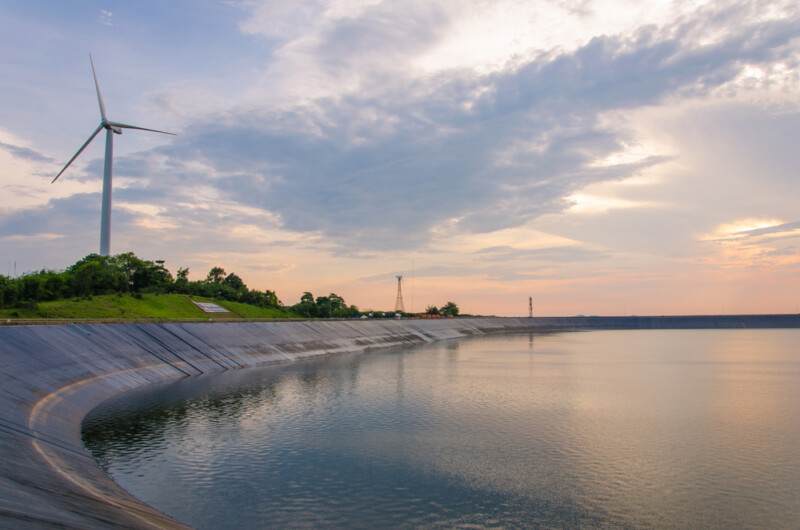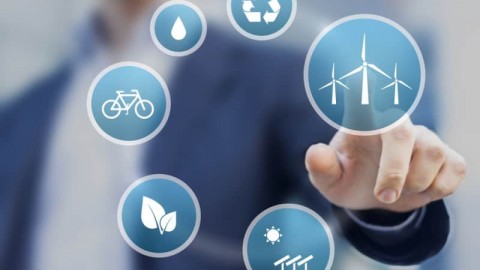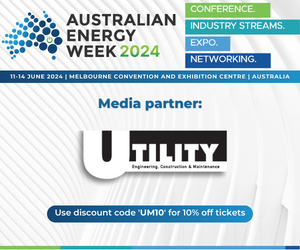Water Services Association of Australia (WSAA) in partnership with Water UK, has announced that 14 Australian and New Zealand water utilities have joined the Race To Zero campaign, led by the UN.
The water utilities, 13 Australian and one New Zealand, will be adding their voices to the global message that the industry is tackling climate change, alongside major UK water utilities.
The utilities join counterparts from the UK who have also pledged to reach Net Zero Emissions by 2050 or earlier, with interim targets within the next decade.
Communities in Australia and New Zealand are no strangers to the huge impact climate change is already exerting on water supplies, with the recent IPCC Assessment Report 6 describing the current outlook on climate change as ‘code red for humanity’.
Managing water services for cities and towns is an energy intensive activity, globally, water use, storage and distribution are responsible for around 10 per cent of global greenhouse gas (GHG) emissions.
The 14 utilities are:
- Barwon Water
- Coliban Water
- Gippsland Water
- Goulburn Valley Water
- Icon Water
- Melbourne Water
- SA Water
- South East Water
- Southern Rural Water
- Sydney Water
- Unitywater
- Urban Utilities
- Watercare (New Zealand)
- Yarra Valley Water
Combined these utilities serve over 72 million people in Australia, New Zealand and the UK.
Water services also produce around 5-8 per cent of global methane emissions, with the industry playing a central role in reducing emissions, and also in a unique position to produce renewable energy.
Mr Adam Lovell, Executive Director, Water Services Association of Australia (WSAA), said, “Congratulations to all the Australian and New Zealand water utilities for this show of commitment and leadership on mitigating the impacts of climate change, felt so acutely in the water sector.
“As early adopters of wind, solar and waste to energy technology to power our infrastructure, we are thrilled to see so many of our water utilities joining the Race To Zero pledge.
“There are also many other water utilities who are well on their way in contributing to a net zero future and may join the Race To Zero campaign in the coming months. The industry is on the front foot in this rapidly evolving area, especially in light of the recent IPCC report on climate change.”
The past 20 years have seen the two worst droughts in recorded history in many parts of Australia and New Zealand, requiring regions to build rainfall-independent water security options like recycling and desalination – which are also energy-intensive. The industry works to ensure that this energy is sourced from renewable power.
Some facts about the collective impact of the 14 Australian and New Zealand water utilities who have joined the Race To Zero:
- Serve over 18 million customers
- Total of 160,000km of water and wastewater pipelines
- Total of 354 treatment plants
- Pledges to reach net zero by 2025 to 2050
- Total net emissions: 847,637tCO2e
- Total electricity use: 1,199,192 MWh
- 175MW of existing solar assets
- 220MW of planned solar assets
‘Climate change is already causing irreversible harm. But it also creates unique opportunities,” Mr Lovell said.
“The urban water industry is at the cutting edge of many innovations to reduce its carbon footprint like producing renewable energy from food waste, harvesting the valuable resources that can be recovered through wastewater treatment, producing green hydrogen and ammonia which can be used as green fuels, using significant land corridors and reservoirs for solar panels and transitioning to electric vehicles.”















